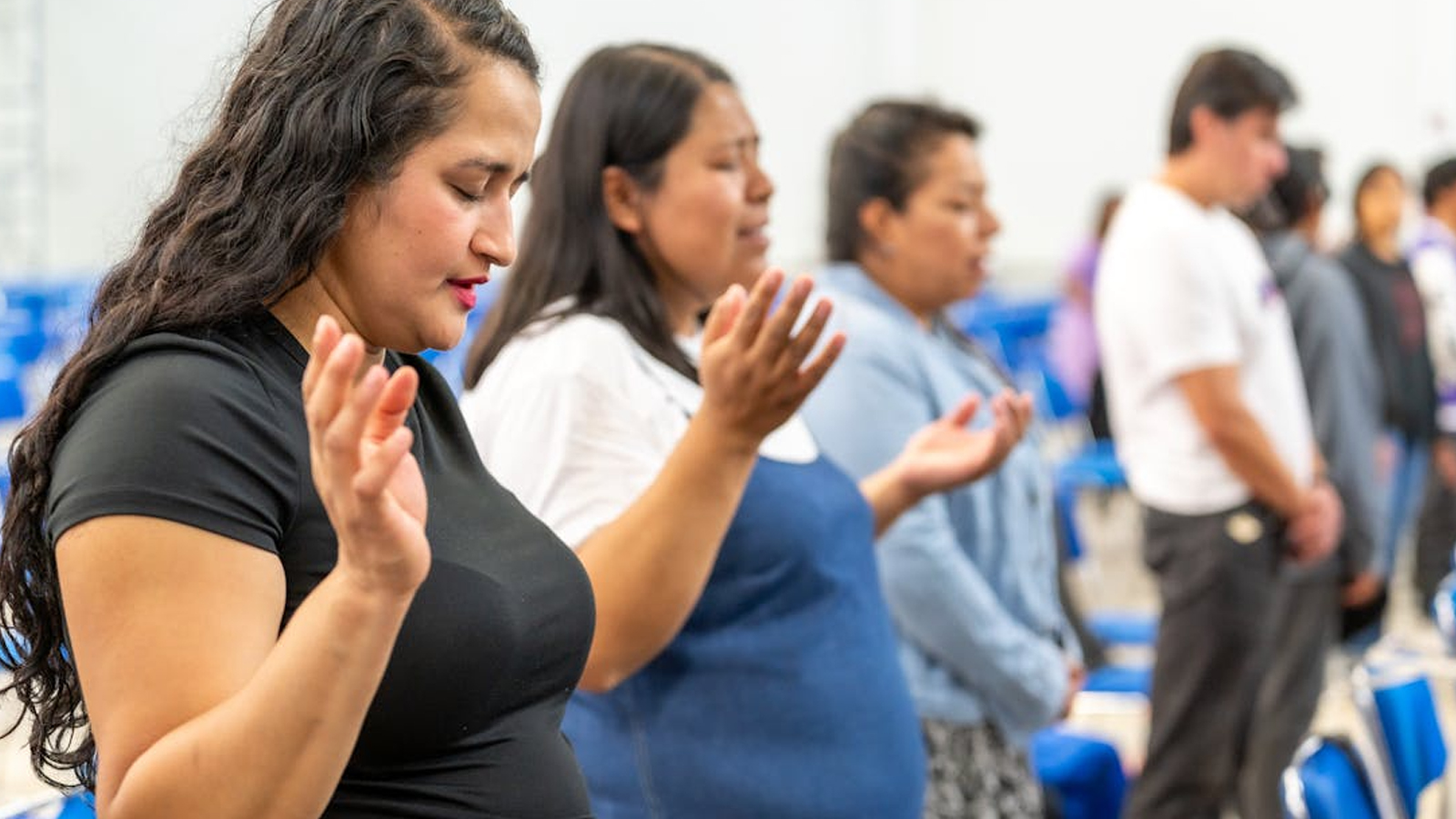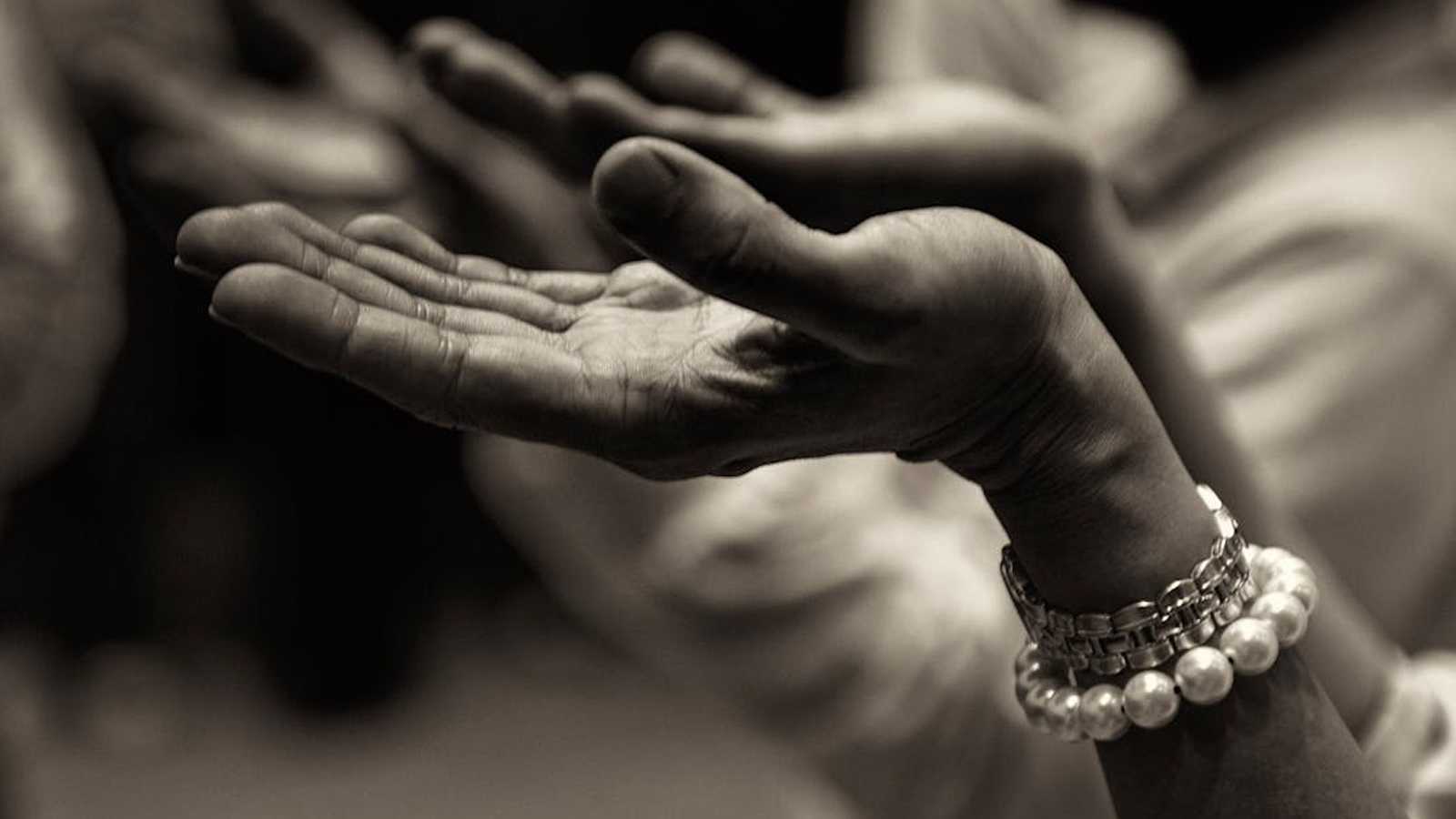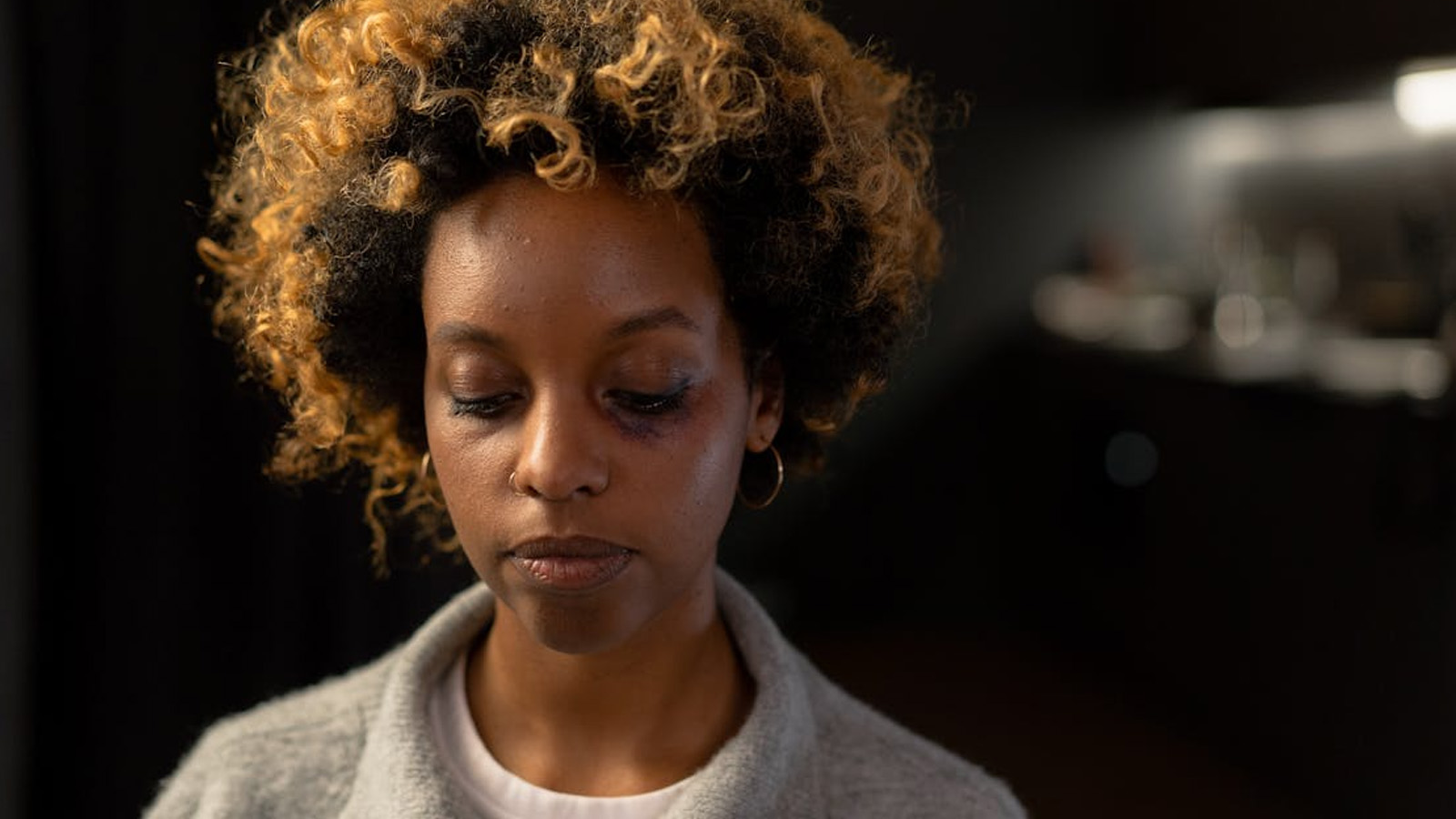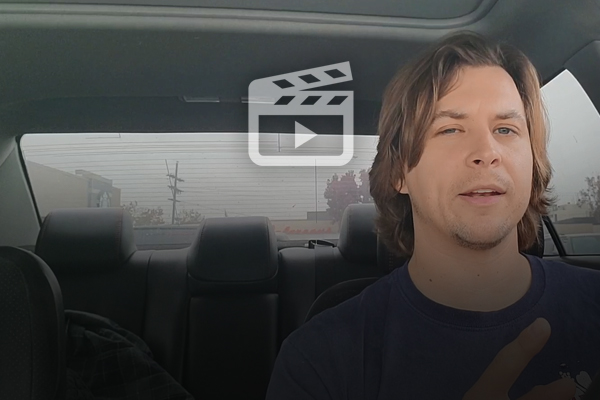Some choices in life matter more than others—not just because of what we’re deciding, but when we make those decisions. Picture a rocket, fresh off the launchpad, aiming for the moon. If, a mile from landing, it veers off by a single degree, it still hits its target. But if that same one-degree error happens just after launch, the rocket will miss the moon by thousands of miles. The lesson is simple: the earliest, most foundational decisions are the ones that set the trajectory of our lives. These are the choices that demand our attention and intentionality. They must be made early, and they must be made wisely. The earliest decisions—about what you believe, whom you love, and what you live for—are the ones that shape your life’s trajectory. Share on X
As someone who spends a lot of time with university students—teaching, mentoring, and fielding their questions—I often ask them: “What do you think are the most important decisions you’ll make in your twenties?” Most answer with education or career. But I tell them, before you choose a job or a major, there are three trajectory decisions that will shape everything else: your worldview, your spouse, and your mission.
Trajectory Decision One: Choose the Right Worldview
A worldview is more than an abstract philosophy; it’s your mental model of reality—a framework that shapes how you interpret everything around you. It answers the big questions: “How did we get here?” “Why is the world broken?” “Can it be fixed?” “What’s the purpose of life?” And it guides the practical: “What should my priorities be?” “What’s marriage for?” “What kind of person should I become?”1
Many people drift through life making choices based on personal preference or fleeting emotion, but that’s like piloting a rocket with no navigation system. If you don’t know what’s true—about yourself, about the world, about ultimate reality—how can you make wise decisions about anything else? Your worldview is the compass that orients every other choice. Get this wrong, and every subsequent decision is at risk of missing the mark.
I remember wrestling with my own worldview as a young adult. When I finally embraced the idea that I was created for a purpose and called to a vocation, everything changed. My work as a police officer wasn’t just a job; it was a mission. The challenges—low pay, tough hours, danger—became meaningful because I saw them through the lens of a higher calling. I wasn’t just earning a paycheck; I was living out a purpose that transcended the daily grind.
Trajectory Decision Two: Choose the Right Spouse
Not everyone will marry, but for most, this is the most significant relationship decision they’ll ever make. It’s tempting to focus on career or education, but I’ve seen too many promising lives derailed by poor choices in marriage. Conversely, I’ve met couples who, despite modest careers or education, flourished because they chose their spouse wisely.
As a detective, I’ve never heard anyone on their deathbed wish they’d spent more time at the office or earned another degree. Instead, they regret broken relationships or missed moments with loved ones. Accomplishments fade, but relationships endure. Prioritizing the right partner is a trajectory decision with lifelong consequences.
Research backs this up. Married people, on average, are wealthier, healthier, and happier than their unmarried peers. Married men tend to work harder and are less likely to be fired. Married women are less likely to experience poverty. Couples accumulate more wealth together. And marriage is linked to longer life—across cultures. Why? Because spouses look out for each other, encourage healthier habits, and provide emotional support that buffers life’s stresses. Married people even fear death less, perhaps because of the deep relational bonds they share.
The benefits extend to children as well. Kids raised by their married, biological parents in low-conflict homes do better on every measure: better grades, higher graduation rates, fewer behavioral problems, and reduced risk of abuse or substance misuse. As Princeton sociologist Sara McLanahan observed, if we designed a system to meet children’s needs, it would look a lot like the two-parent, married household. The checks and balances, the shared investment, and the biological connection all contribute to better outcomes for kids.
Trajectory Decision Three: Choose the Right Mission
Work is more than a way to pay the bills. For many, it’s a calling—a chance to serve, to make a difference, to live out a mission. When you see your career as a mission, it transforms the way you approach challenges and setbacks. You’re not just clocking in; you’re contributing to something bigger than yourself.
Choosing your mission isn’t just about picking a job; it’s about aligning your work with your values and purpose. When your mission is clear, you can weather the storms of disappointment and difficulty, knowing that your efforts matter in the grand scheme.
The earliest decisions—about what you believe, whom you love, and what you live for—are the ones that shape your life’s trajectory. Make them with care. Prioritize them. Because a small error at the start can mean missing your destination by miles. But a wise choice, made early, can set you on a path toward flourishing, for yourself and for those you love. To learn much more about the importance of marriage and how this trajectory decision contributes to human flourishing and establishes the reliability of the Biblical record, please read The Truth in True Crime: What Investigating Death Teaches Us About the Meaning of Life.

























Philip Baker
August 11, 2025 at 3:58 pm
What about me i’m a 73 year old that went through a divores 4 years ago and i have met a lady i realy like she may not be a Christian. I just met her once and there’s qwite possibly a long road ahead if she is or becomes one i will go from there . Of coures i will take it one day at a time and if i believe im ready i will pursue it.